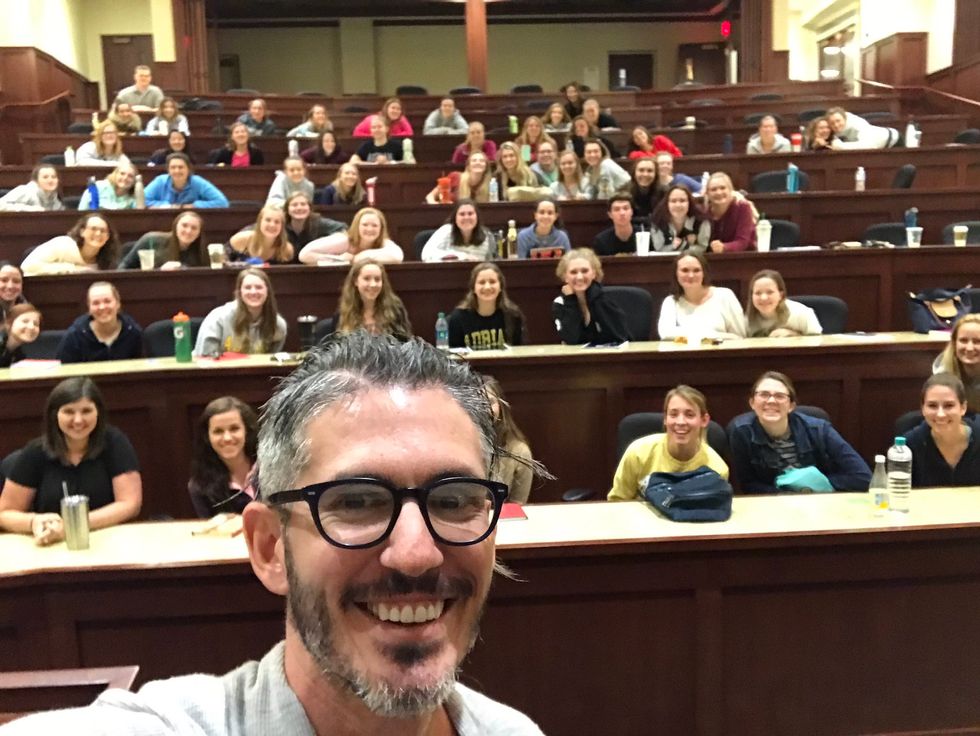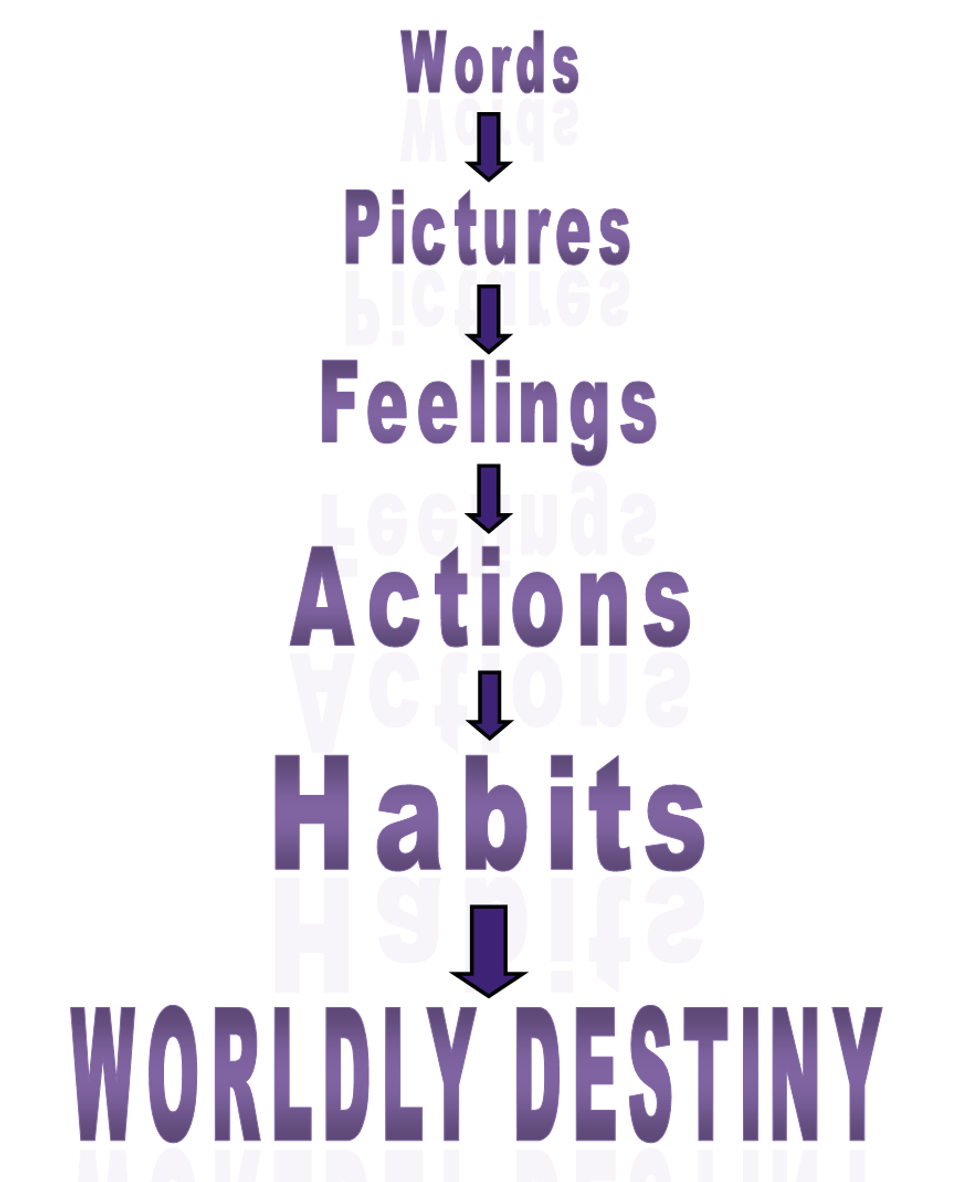This weekend, our varsity synchronized skating teams at Adrian College had the opportunity to attend a seminar delivered by Joshua Medcalf, the founder of Train 2B Clutch. He is much more than just the founder and CEO of T2BC, but he has no technical “job title” so we considered him a “sports psychologist.” We personally found him to be more of a “life-enthusiast,” and mentor.
From going to Vanderbilt and Duke, he realized he didn’t want to go to law school, so he took the non-traditional route and didn’t get his degree, but instead did the work on his own to become accomplished. Now he is one of the most recognized mental conditioning mentors, has written multiple books, and works with sports teams and CEOs all around the world.
During our session with Joshua, we learned lots of different outlooks on how we should be approaching life and different situations, but these are some of the key highlights.
Obviously the statement “everyone’s a winner” is not true. One person gets the big shiny trophy and everyone else gets the “congrats on participating” ribbons. Although, there are those special awards for those who come in second or third place; those awards being silver and bronze.
Now, it’s pretty evident that you compete to win, and so not coming in first can be a huge mood-killer. There are so many different outlooks on placements in competition, but the most basic is that silver, is pissed that they lost, and bronze is glad they even made it on the podium. Quoting the wise Abby Lee Miller, “Second is the first to lose.” Those that place second on the podium always seem to look up at whoever earned first and envy them. “Why didn’t I win?” “I did this better.” “This is rigged.”
This mindset is extremely negative and therefore makes the second place person feel bad about themselves, whereas the bronze medalist is excited that they beat out everyone else. You would think that someone who won the silver medal would be happier than someone who won the bronze. This, however, is not the case.
Those who earn third place tend to have more of a glass half full kind of mindset. Winning does not matter as much to them because they did their best and are thankful to be on the podium at all. They look down (for lack of better words) at those who they beat, and realize their achievement. This is an opportunity that not all competitors had.
The bronze medalist maintains not a positive mindset, but a “beneficial and constructive mindset”. Joshua Medcalf told our team about the difference between these two types of mindsets. Those people who have a positive mindset are very easy to argue with and are overthinkers. They are constantly looking for the best ways to make a situation seem better than it actually is, and this is not what we want to do.
It is a waste of time to overthink and try to argue why your point is valid. It is better to think of ways to help solve the situation, just like a beneficial and constructive thinker would. It is much harder to fight the opinion of this kind of thinker, because it is way more logical than the opinion of a positive thinker. Joshua also reminded us that our words affect just about everything in our lives.
This includes pictures we associate with words, the feelings we then get, the actions those feelings cause, the habits that the occur after repeating our actions over and over again, and finally, our worldly destiny with the way our actions affect the world. Ironically, you will end up affecting the world in a more positive way if you have a constructive mindset rather than having a positive one to begin with.
Yes, a beneficial and constructive mindset will help to better your worldly destiny. However, it is how we bring this whole thought full circle that will really make a difference. Joshua explained to us that we need to “operate with conviction”. This is having confidence for what you believe in and being prepared for any situation.
Getting the experiences you need and throwing yourself out into situations you may not be comfortable in will go a long way. Having the preparedness to operate under pressure, in a spontaneous situation, will show that you have conviction and prove that you have put in your work.
Additionally, he explained how we need to give 100% of whatever percent we’ve got. To put this into perspective, let’s say you did not sleep much the night before a big game. Though you are feeling 50%, you need to give 100% of that 50% in order to be successful.
One of our all time favorite quotes from him is as follows:
“Some people think you should shine under the bright lights, but the bright lights only reveal your work in the dark.” If you don’t have a constructive mindset to prepare yourself for competition, you will not operate with conviction, thus leading you to be in second place looking up at #1.





















